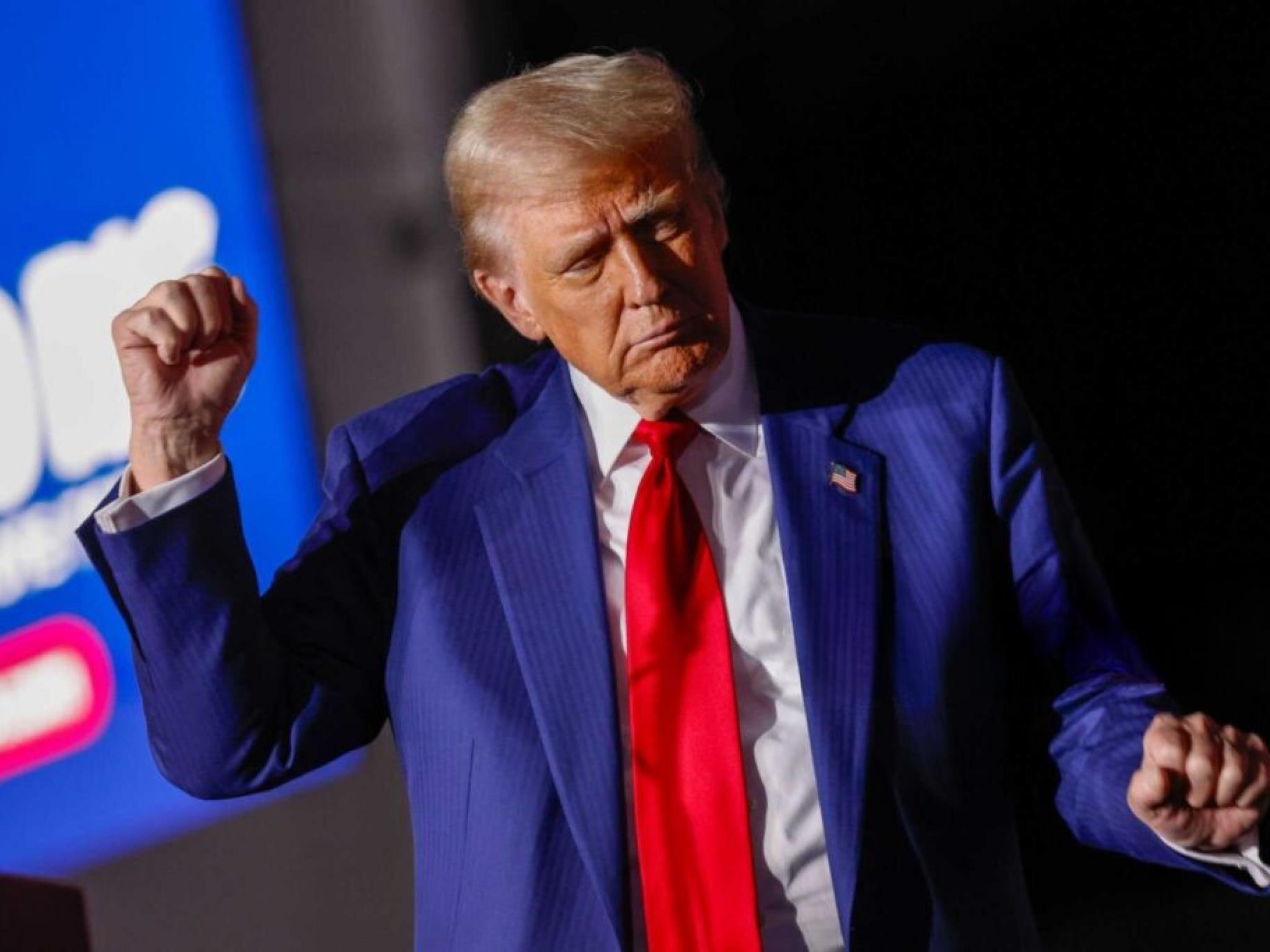
Amid growing economic concerns, analysts are sounding alarms over the potential repercussions of tariffs proposed by the incoming Trump administration. These tariffs, aimed at addressing trade imbalances, could inadvertently lead to a stronger dollar, affecting consumers and businesses alike.
Tariffs Could Hurt Customers
Adam Posen, president of the Peterson Institute for International Economics, highlighted that Trump’s economic strategies, including tariffs and tax cuts, are likely to elevate the dollar’s value during CNBC’s “Squawk Box Asia” on Thursday. This could result in a minimal reduction in the trade deficit, despite efforts to decrease it.
While it is unclear how these tariffs will affect the prices of goods, many companies are seeing signs of waning demand among buyers, the WSJ reported on Friday. Companies like Jolie Skin, and Home Furnishings are urging customers to buy their products before a possible hike in their prices once the tariffs kick in.
Earlier in October, billionaire investor Mark Cuban and Barack Obama-era Treasury Secretary Lawrence Summers warned that tariffs proposed by Trump could significantly increase the cost of Christmas holiday shopping for American families.
Corie Barry, CEO of Best Buy Co. Inc., warned that the burden of tariffs would likely translate into higher consumer prices, as reported by the Fortune.
Jesper Brodin, CEO of Ingka Group, which owns Ikea, echoed the sentiments while talking to CNN and mentioned that high tariffs have historically not been beneficial, complicating efforts to keep prices low for consumers.
"Tariffs make it more difficult for us to maintain the low prices and be affordable for many people, which in the end is our goal," Brodin said.
Trump recently declared his intention to impose a 25% tariff on goods from Mexico and Canada, citing border security concerns. He also announced additional tariffs on Chinese imports to address the flow of fentanyl into the U.S.
Stronger Dollar Might Not Help That Much With Deficit
Commodities like oil, timber, and metals are often priced in U.S. dollars. When the dollar strengthens, these goods become more expensive in other currencies. As a result, the rising costs of energy and raw materials contribute to higher prices for a wide range of products, driving inflation worldwide.
A stronger domestic currency – in this case, the U.S. dollar – usually helps in making imports cheaper and exports more expensive, assuming other conditions remain the same. However, in some cases, suppliers and sellers might pass on some of the increase in their input costs to the buyer – in this case, their customers in the U.S.
Even so, Posen says a stronger dollar could still not prove to be enough to help bridge the trade deficit.
“The main point is that even if you push up tariffs and you are trying to reduce the trade deficit, when you do so you tend to push up the dollar,” said Posen.
“If you cut taxes and you don’t fund it fully with other other revenues or other spending cuts, you tend to push up the dollar. If you are busy creating global uncertainty, which is a stated strategic tool of this incoming administration, you tend to push up the dollar.”
Read Next:
Disclaimer: This content was partially produced with the help of Benzinga Neuro and was reviewed and published by Benzinga editors.
Photo: Anna Moneymaker via Shutterstock







